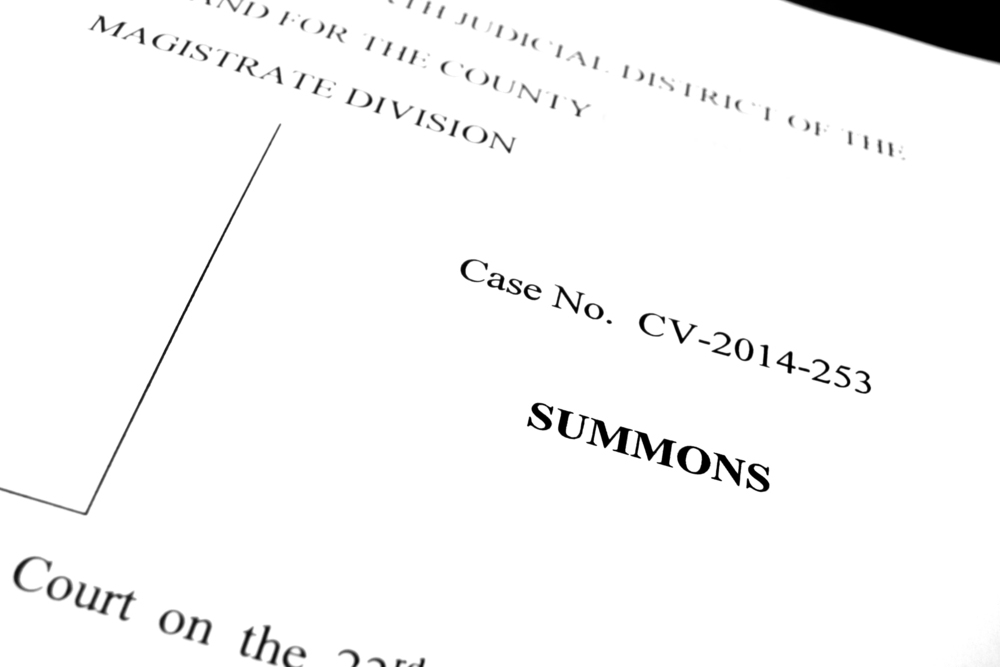Introduction
South Lake Tahoe, a picturesque city in the Sierra Nevada mountains of California, is renowned for its stunning natural landscapes and vibrant tourism industry. With a population of around 21,330 as of the 2020 census, the city offers a mix of outdoor adventure, resort living, and small-town charm. Located along the southern edge of Lake Tahoe, South Lake Tahoe attracts visitors year-round for skiing, hiking, and lake activities.
Crime and Safety
South Lake Tahoe has a crime rate higher than 67% of cities in California. Residents have about a 1 in 47 chance of becoming a victim of either violent or property crime. Violent crimes, such as assault and robbery, occur at a rate of 6.59 per 1,000 residents, while property crimes are more common, with a rate of 14.75 per 1,000 residents. Despite these numbers, the city has seen improvements in safety, with total crime decreasing by approximately 10.8% year-over-year. The safest neighborhoods are generally located in less densely populated areas away from tourist hubs.
Income and Education
The median household income in South Lake Tahoe is $67,686, reflecting moderate economic conditions for the area. The city has a diverse population, with 59.2% identifying as non-Hispanic White and significant Hispanic and Asian communities contributing to its cultural fabric. Education is supported by institutions like Lake Tahoe Community College, which awarded over 300 degrees in 2022. The homeownership rate is relatively low at 44%, with a median property value of $571,700.
Bail Bonds Importance
In South Lake Tahoe’s legal system, bail bonds play a critical role in ensuring individuals accused of crimes can secure their release while awaiting trial. Given the city’s higher-than-average crime rates relative to national averages, bail bond services provide essential support for defendants who cannot afford to pay bail upfront. These services help maintain financial stability for families and reduce overcrowding in local detention facilities. Additionally, they ensure defendants comply with court appearances while allowing them to continue their daily lives during legal proceedings.








